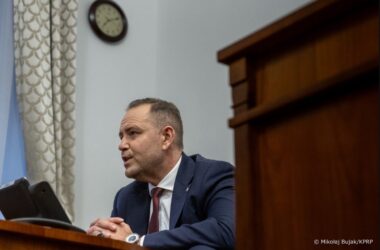According to a poll by Infratest dimap, CDU secured 34% of the vote, marking its historically weakest result in local elections since 2020, when the party received 34.3%.
Key Partisan Results
The Christian Democratic Union (CDU) has maintained its stronghold in the region, securing 34% of the vote this year, down slightly from their 2020 local election victory of 34.3%. The Social Democrats (SPD) place second with 22.5%, indicating a marginal decline from their 24.3% in the 2017 elections.
AfD Makes Significant Gains
The far-right Alternative for Germany (AfD) party registered a notable increase, with poll projections suggesting a more than threefold increase in their vote share, reaching 16.5%. This represents a substantial jump from their 5.1% in 2020.
Other Significant Parties
The Greens drastically reduced their vote share, receiving 11.5%, down from their 20% in 2020 local elections. The Free Democratic Party (FDP) is set to win around 3.5% of the vote, an increase from their 5.6% in 2017. The Left party struggled to exceed their 2020 result of 3.8%, securing 5.5% in this election.
Importance of North Rhine-Westphalia Elections
The local elections in the most populous state in Germany are the final significant electoral test for the CDU/SPD coalition government led by Chancellor Olaf Scholz after the early federal elections in February this year. North Rhine-Westphalia, with more eligible voters than all eastern German states combined, holds almost 14 million eligible voters.










